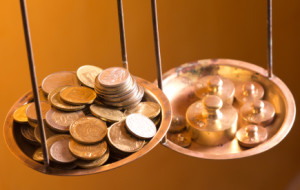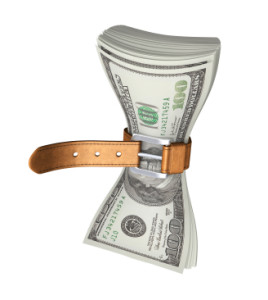
 Today’s top story: What to do with the extra money from the rise in median income. Also in the news: Post office banking could be the next big thing, household debt is creeping back up to recession levels, and the pros and cons of posting your consumer complaint on social media.
Today’s top story: What to do with the extra money from the rise in median income. Also in the news: Post office banking could be the next big thing, household debt is creeping back up to recession levels, and the pros and cons of posting your consumer complaint on social media.
Median Income Is Up: Here’s What to Do With That Extra Money
Using it wisely.
Post Office Banking: An Old Idea Getting New Life
Making banking super convenient.
Household Debt Slowly Creeping Back Up to Recession Levels
What that increase means.
Should You Post Your Consumer Complaint on Twitter or Facebook?
The pros and cons of public shaming.

